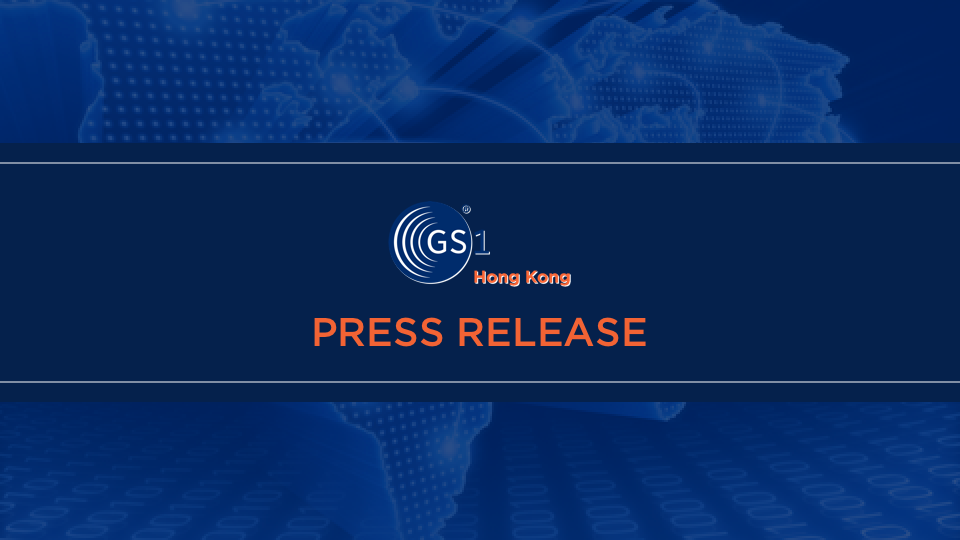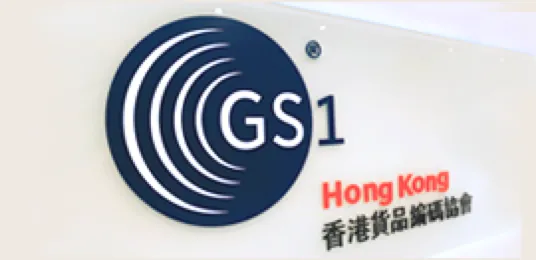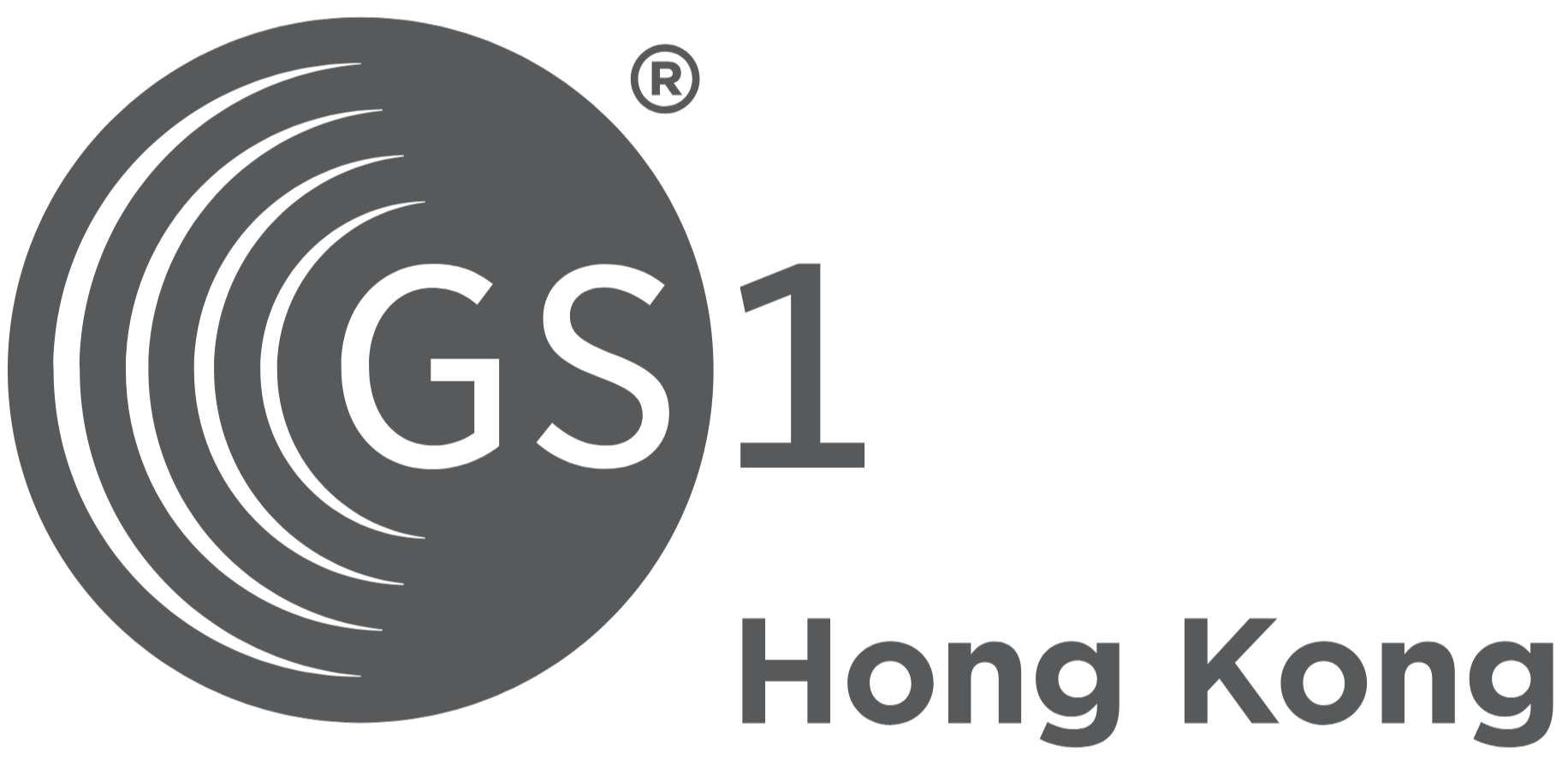EU Expert Group Highlights Global Best Practices for Product Traceability

New report cites the adoption of GS1 Global Supply Chain Standards as a best practice for enhanced traceability, faster recalls and improved consumer safety
Brussels, Belgium – (January 17, 2014) – As the industry prepares for upcoming consumer safety regulations around certain non-food, non-healthcare products, an expert group set up by the European Commission recognised the adoption of GS1 Standards as a best practice in addressing supply chain traceability needs.
Adoption of traceability standards was just one of several recommendations highlighted in a report released by the group following two years of industry-wide dialogue. These recommendations focus on benefits for not only businesses and consumers, but also for market surveillance authorities with the common goal of protecting public safety and health.
“As supply chains continue to span the globe and consumers purchase more products online, ensuring traceability has become more challenging,” said Maija Laurila, Head of the Product and Service Safety unit at the European Commission's Directorate General Health and Consumers (DG SANCO) and chairwoman of the traceability expert group. “The ability to track and trace products helps properly identify dangerous products and remove them from the market more rapidly. It would be interesting to see educational traceability assessment exercises conducted jointly with the businesses or trade associations and market surveillance authorities. In addition, global standards contribute to the success of traceability systems and to overall consumer protection.”
DG SANCO set up the Product Traceability Expert Group in 2011 to address concerns about the traceability of dangerous products in the context of RAPEX (the EU Rapid Alert System for non-food dangerous products). The Expert Group focused on identifying best practices while European institutions prepare requirements of the future EU regulation for the safety of non-food products such as clothing, textile and fashion items, childcare articles, kitchen accessories and furniture.
GS1 was invited to participate in the expert group and was awarded a contract to provide neutral research and facilitate the group’s work. The group’s report outlined the following recommendations:
-
For economic operators, the group recommends labeling consumer products with product identification codes and automating traceability systems using global standards such as ISO and GS1 Standards
-
For market surveillance and other authorities, the group recommends including the use of barcodes in training and, conducting traceability assessments in cooperation with private actors as well as developing best practices to collect information about dangerous products when they cross EU borders.
-
For consumers, the group suggests raising more awareness on the importance of product identification and helping consumers alert authorities about suspicious or potentially dangerous products.
“We are humbled and proud that our standards were recognised by this esteemed, international group of supply-chain stakeholders,” said Miguel Lopera, President and CEO of GS1. “As a neutral, not-for-profit organisation, this is an example of the type of collaborative work we conduct on a regular basis around the globe. We hope this recognition will encourage wider-scale adoption of GS1 Standards for traceability in order to improve consumer safety and benefit businesses.”
Consumers will also benefit from improved product traceability. “If a public safety issue occurs, efficient traceability systems will help market surveillance authorities’ determine if a dangerous product is present and take prompt corrective measures,” said Andrew Abercrombie of the Hampshire Trading Standards Service UK. “This also helps ensure that proper information about dangerous products is given to consumers in the event of a recall.”
“Many companies may have their own effective traceability systems, but if they cannot communicate with other supply chain partners on harmonized product information through interoperable standards, traceability may stop at their walls, leading to higher collective costs and a more complicated recall process – among other issues.” said Emilie Prouzet, Directrice Europe, FCD, France.
Aside from GS1, members of the traceability expert group included EU market surveillance authorities as well as representatives from manufacturing, retail, industry, consumer and advisory organisations including the European Traceability Institute, the French Federation of Retail and Trade, Altroconsumo, and others.
To view the Product Traceability Expert Group’s full report, visit http://ec.europa.eu/consumers/safety/projects/ongoing-projects_en.htm.
For further information:
|
Diane Taillard |
Lisa Sandberg |
|
Director of Safety & Traceability, GS1 |
Director of Global Marketing, GS1 |
|
+32 0 2 788 78 39 |
+1 609 557 4571 |
You may also contact GS1 Hong Kong by phone (852) 2863-9701 or at info@gs1hk.org.
About GS1
GS1 is a neutral, not-for-profit organisation dedicated to the design and implementation of global standards and solutions to improve the efficiency and visibility in supply chains. GS1 is driven by more than two million companies, who execute more than six billion transactions a day with the GS1 System of Standards. GS1 is truly global, with local Member Organisations in 150 countries, and with Global Office in Brussels, Belgium. For more information, visit http://www.gs1.org

(852) 2863-9763
media@gs1hk.org

